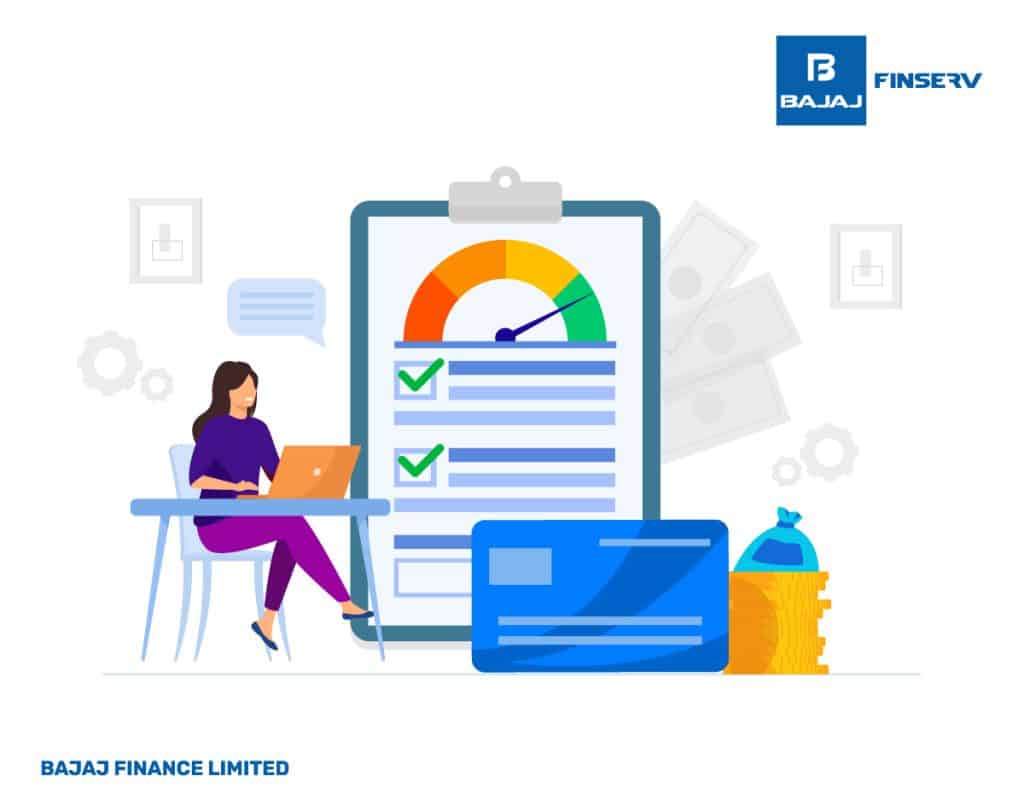
Your credit score is a crucial factor that lenders consider when determining your loan eligibility and the interest rates you will be offered. A higher credit score can lead to better loan terms, while a lower score can make borrowing more difficult and expensive. This article explores how your credit score impacts loan eligibility and interest rates and how you can manage your credit score using CIBIL login.
Understanding credit scores
A credit score is a numerical representation of your creditworthiness, typically ranging from 300 to 900. It is calculated based on your credit history, including your repayment behaviour, credit utilisation, length of credit history, types of credit accounts, and recent credit inquiries. In India, one of the most commonly used credit scores is provided by the Credit Information Bureau (India) Limited (CIBIL).
How does credit scores impact loan eligibility?
1. Approval chances
Lenders use credit scores to assess the risk of lending money to applicants. A higher credit score indicates that you are a low-risk borrower, increasing your chances of loan approval. Conversely, a lower credit score suggests higher risk, which can lead to loan rejection or more stringent approval conditions.
2. Loan amount
A good credit score can also influence the loan amount you are eligible for. Lenders are more likely to approve higher loan amounts for applicants with strong credit scores, as they are perceived as more likely to repay the loan without defaulting.
3. Loan terms
Beyond just approval, your credit score can affect the terms and conditions of your loan. Applicants with higher credit scores are often offered more favourable terms, such as lower processing fees, longer repayment tenures, and fewer restrictions on how the loan can be used.
How credit scores impact interest rates?
1. Lower interest rates
One of the most significant benefits of having a high credit score is the potential to secure lower interest rates on loans. Lenders are willing to offer lower rates to individuals with good credit scores because they pose less risk. This can result in substantial savings over the life of the loan.
2. Higher interest rates
On the other hand, a lower credit score can lead to higher interest rates. Lenders charge higher rates to offset the increased risk associated with lending to individuals with poor credit histories. This can significantly increase the cost of borrowing and make it more challenging to manage loan repayments.
3. Negotiating power
A strong credit score can also give you more negotiating power when discussing loan terms with lenders. You may be able to negotiate lower interest rates or better repayment terms, leveraging your good credit history to secure the best possible deal.
Managing your credit score using CIBIL login
To ensure your credit score remains healthy and to improve it over time, you can effectively manage it using the CIBIL login. Here are the steps to access and monitor your credit score:
1. Visit the official CIBIL website
Go to the official CIBIL website at www.cibil.com. Make sure you are on the correct site to avoid phishing attempts and protect your personal information.
2. Locate the login section
Find the CIBIL login section on the homepage. If you are a new user, you will need to register by providing your basic details, such as your PAN number, date of birth, and email ID. Returning users can simply enter their registered email ID and password.
3. Enable two-factor authentication
Enhance your account security by enabling two-factor authentication (2FA). This involves receiving a one-time password (OTP) on your registered mobile number, which you need to enter along with your regular password.
4. Review your credit report and score
Once logged in, navigate to your dashboard to view your credit report and score. Regularly reviewing this information helps you stay informed about your credit health and take timely actions to maintain or improve your score.
Tips for maintaining a good credit score
Maintaining a good credit score involves disciplined financial habits and regular monitoring. Here are some tips to help you manage your credit score effectively:
1. Timely payments
Ensure all your loan and credit card payments are made on time. Late payments can significantly impact your credit score. Consider setting up automatic payments or reminders to avoid missing due dates.
2. Limit credit utilisation
Keep your credit utilisation ratio below 30%. High credit utilisation can negatively affect your score. For instance, if your total credit limit is Rs. 1,00,000, try to use no more than Rs. 30,000.
3. Avoid multiple loan applications
Applying for multiple loans or credit cards in a short period can lower your credit score. Each application results in a hard inquiry, which can negatively impact your score.
4. Monitor your credit report regularly
Regularly review your credit report to check for discrepancies or fraudulent activities. You are entitled to one free credit report each year from each of the major credit bureaus.
5. Maintain a mix of credit types
Having a diverse mix of credit types, such as credit cards, mortgages, and personal loans, can positively impact your credit score. It demonstrates to lenders that you can manage various types of credit responsibly.
Conclusion
Your credit score plays a crucial role in determining your loan eligibility and the interest rates you will be offered. A higher credit score can lead to better loan terms and lower interest rates, while a lower score can make borrowing more difficult and expensive. By using the CIBIL login to monitor and manage your credit score, you can ensure that you maintain a healthy credit profile, making it easier to achieve your financial goals.
Regularly checking your credit score and report, making timely payments, keeping your credit utilisation low, and maintaining a diverse mix of credit types are all essential practices for maintaining a good credit score. By staying proactive about your credit health, you can secure the best loan terms and interest rates, ultimately improving your financial stability and planning.